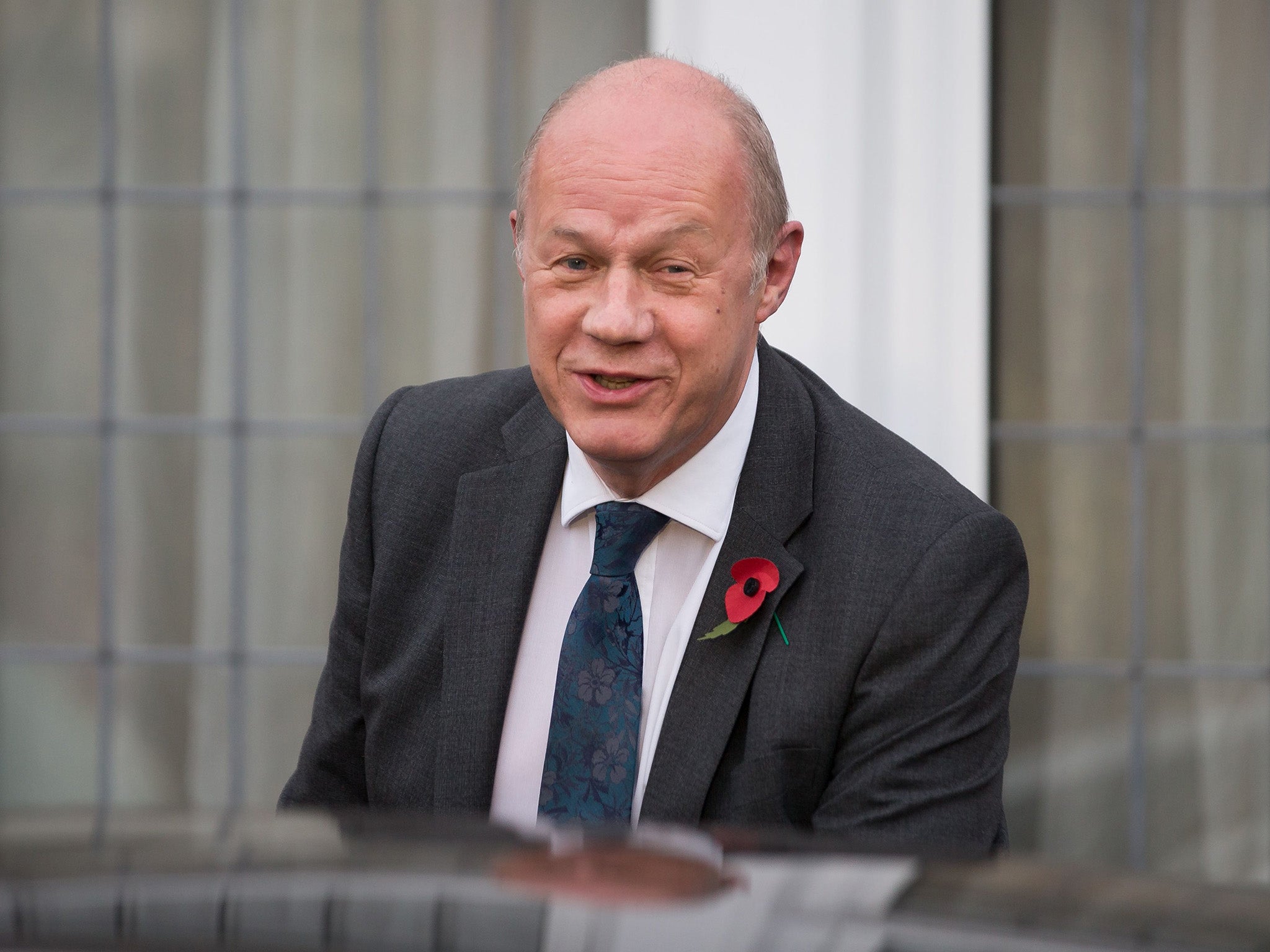In the wake of Michael Fallon and Damian Green, we need to be wary of conflating personal sexual proclivities with harassment and abuse
The suggestion of hardcore porn captures our salacious imagination more than an unsolicited touch of the knee ever could, but it’s vitally important that we don’t depict sexual activity and sexual assault as part of the same picture


What is being described as “Westminster’s sex-pest scandal” is only increasing in magnitude, as more and more allegations made against politicians seem to reveal a deep-seated abuse of power problem at the very heart of government.
Michael Fallon’s sudden resignation as Defence Secretary came in the immediate wake of accusations of sexual assault. Journalist Jane Merrick informed Downing Street that the ex-cabinet member had lunged at her and attempted to kiss her on the mouth back in 2003. On Tuesday, it was revealed by The Sun that Fallon had repeatedly touched Julia Harley-Brewer’s knee, 15 years ago at a conference dinner.
Alongside the accusations made against Fallon are those levelled at First Secretary of State Damian Green. Activist Kate Maltby has accused him of touching her knee during a meeting and sending her a “suggestive” text message.
But this accusation, which Green vehemently denies, is being buried under a new scandal, in which the minister is being accused of having pornography on his Commons computer. This allegation has been described by Green as “completely untrue” and as coming from a “tainted and untrustworthy source”.
This supposed uncovering of pornography has been reported as part of the “sex scandal” coverage. After all, the suggestion of hardcore porn captures our salacious imagination more than an unsolicited touch of the knee ever could. But it’s vitally important that we don’t depict sexual activity and sexual assault as part of the same picture.
We’ve seen this conflation made time and time again as new abuse stories are uncovered. Harvey Weinstein’s behaviour was shadowed by the description of the mogul as a “sex addict”, Kevin Spacey acted as though coming out as gay explained and excused his sexual abuse of young actors. Now, accusations of pornography possession are being treated with more gravitas and press coverage than allegations of sexual assault.
An innocent interpretation of these events would be that we’ve simply fallen foul to confusion. Among a swathe of misconduct allegations, all sexual behaviour is being tarred with the same brush, because the speed of new scandals is preventing our ability to see the nuance in these issues.
But on a more sinister level, this seems like more of a tactic than a mistake, a careful technique through which sexual assault might be disguised and, eventually, dismissed. If we start seeing assault as “risqué”, or as part of a sexually outlandish repertoire, we will lose sight of the reality that sexual assault should be defined in opposition to sex, not alongside it.
Headlines describing adults “having sex with” children, fall into this dangerous trap. Obviously, “sex” with a child isn’t sex at all – it’s rape. We seem to be making this same mistake over and over again in the discussion of sexual assault, treating it as though it’s filthy or naughty, rather than deeply aggressive. To treat abuse as a sexual act is to give weight to the assailant’s narrative, rather than the victim’s experience.
Of course the porn industry is problematic on many levels, and watching certain kinds of pornography can amount to abetting abuse. But, in general, the act of watching pornography is a sexual proclivity. Assault, on the other hand, is not a sexual preference, it’s a crime.
When sexual misconduct is perceived to have taken place on a small scale – a touch of the knee, a hand on the lower back, a full body hug, and so on – it can be easy to overshadow this wrongdoing with behaviour that appears more scandalous.
And yet, it doesn’t matter how shocking or outrageous a sexual preference might be, such activities are not the same as a lack of consent. What you enjoy sexually is immaterial; what matters is whether or not you force these proclivities onto other people without their willing participation.
We’re no longer shocked by sexual assault. But it’s vitally important that we don’t allow surprising sexual behaviour to fill this void. The fact that assault has been proven to be so prolific means that it should gain more, not less, of our attention – and we cannot allow stories of sexual proclivities to distract us from the reality of sexual abuse.



Join our commenting forum
Join thought-provoking conversations, follow other Independent readers and see their replies